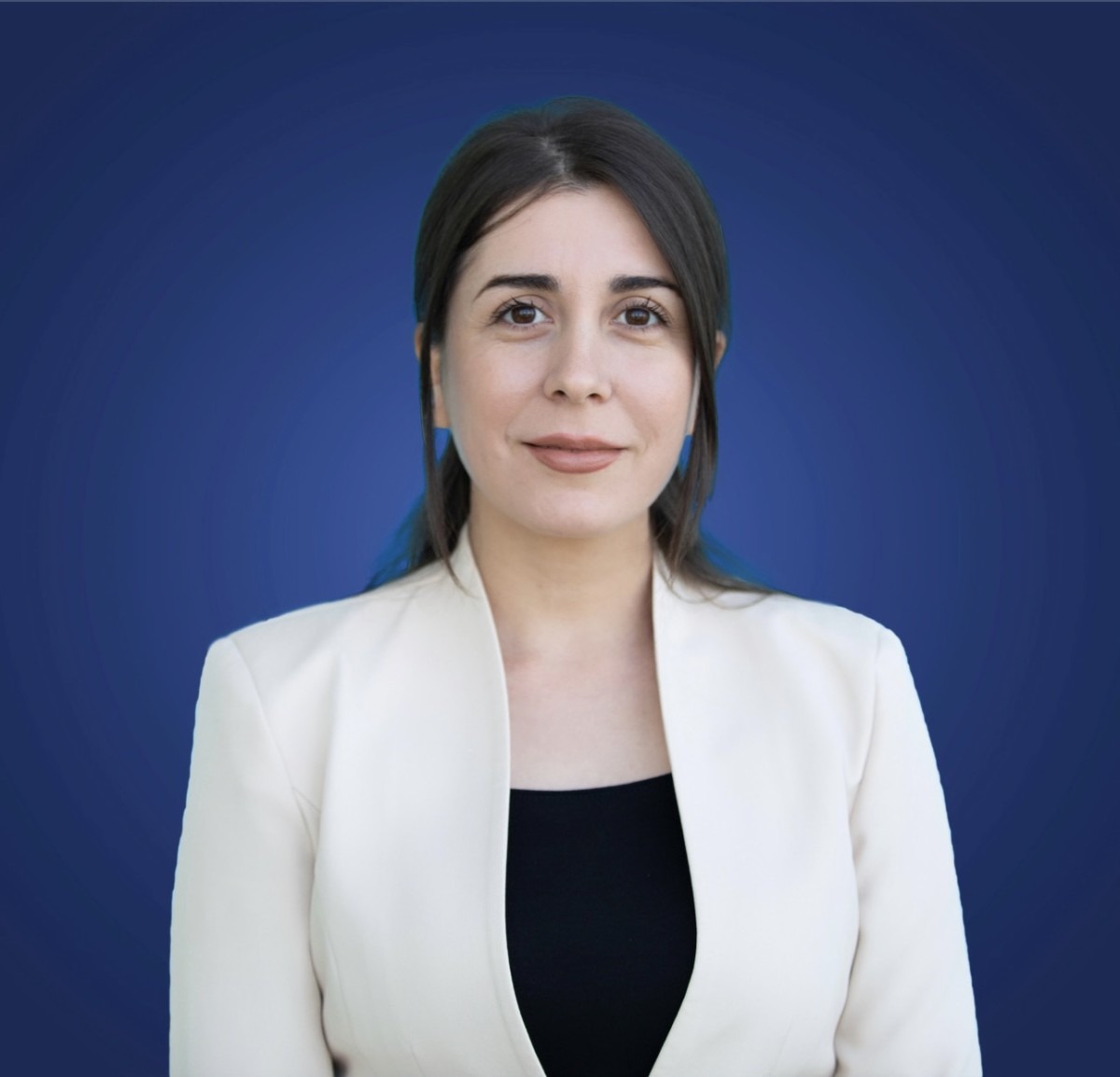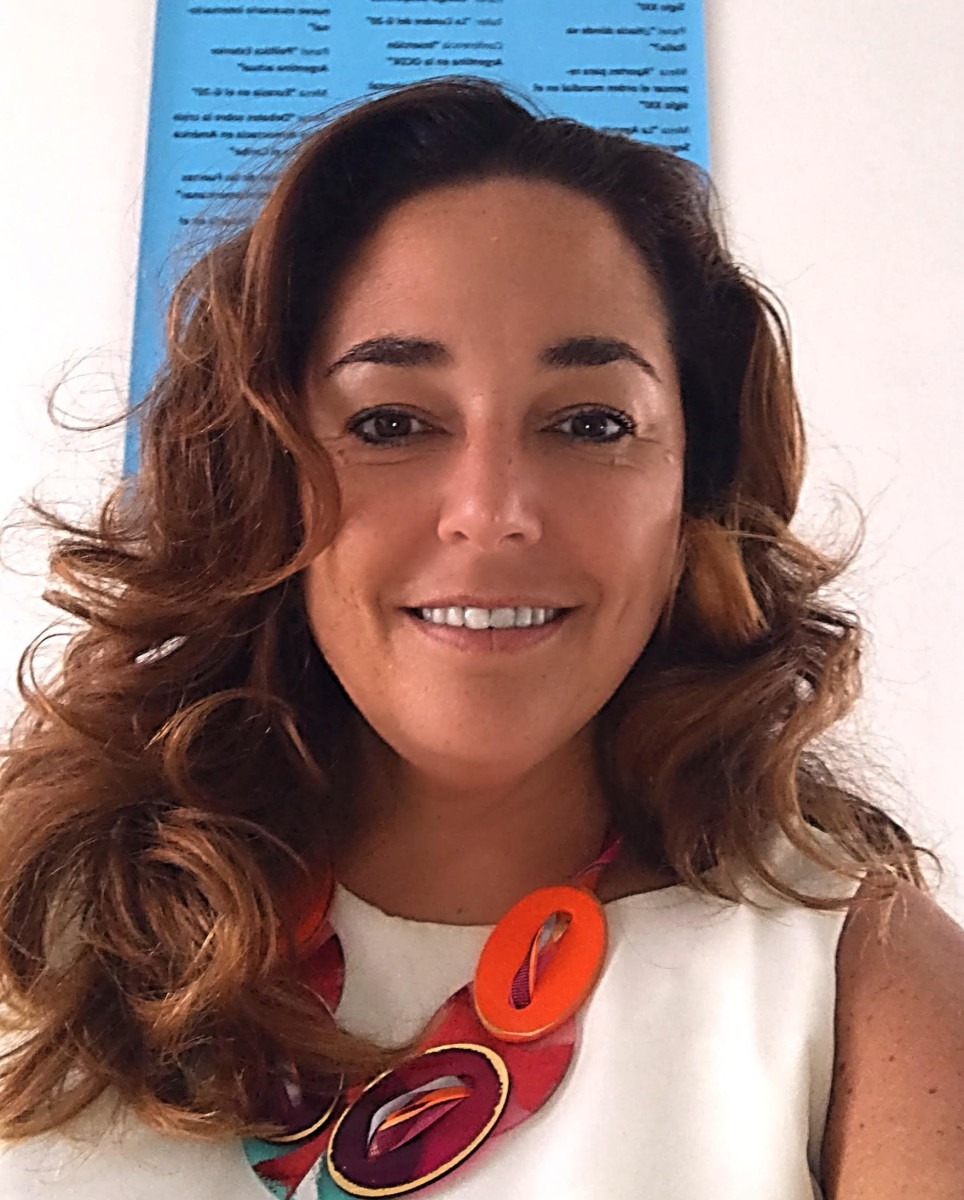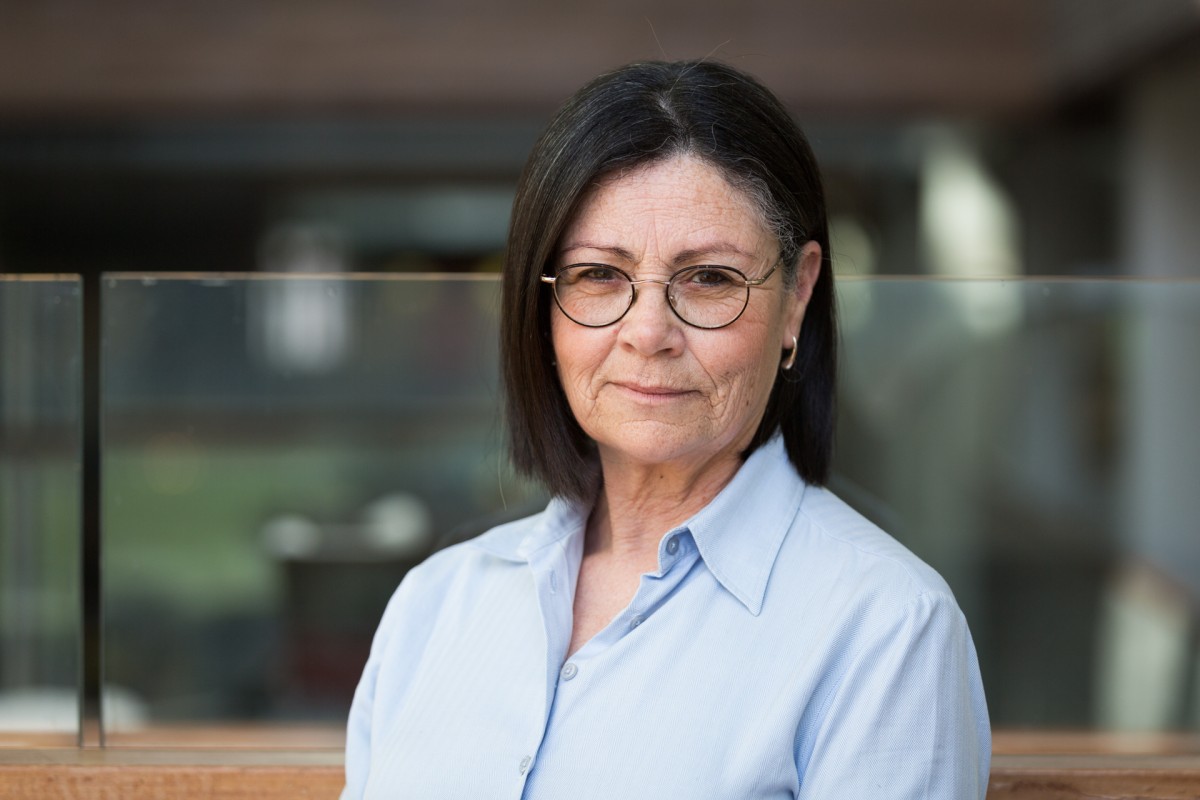Fulbright Scholar

Firmesk Rahim
Fulbright Scholar, Global Governance and Human Security, University of Massachusetts Boston | Iraq-Kurdistan
Short Bio:
Firmesk Othman Rahim is currently a Fulbright Scholar pursuing a master’s degree in Global Governance and Human Security at the University of Massachusetts Boston. She is from the Kurdistan Region of Iraq and holds a master’s degree in English literature from the University of Sulaimani. Ms. Rahim has served as an Assistant Lecturer at the University of Garmian and as a Project Coordinator at the American University of Iraq, Sulaimani, where she contributed to numerous initiatives and projects supporting young Iraqi innovators. Beyond academia, her interest in politics has made me an active member of society. Firmesk Rahim has participated in several leadership and development programs, including being a Perennial Leadership Fellow in 2020 and an Iraq Leadership Fellow in 2019. From 2018 to 2019, Ms. Rahim worked as a Political Assistant in the Office of the Presidency of Iraq.
Event: SDGs Conference 2024 | Date: Sept 25, 2024 |
SPEECH
It is a great honor to discuss a topic of immense significance in our world: the role of civil society in global governance. This role is embodied by each of you and the invaluable contributions your organizations make across various aspects of human life. At times, those who work toward the improvement of humanity may not think about the extent of their impact on global governance. Imagine a world without the broad networks of civil society—without the voices and diverse perspectives advocating for the people and our communities. No matter how much we discuss the role of civil society, its true significance is difficult to fully capture in words.
I recognize that civil society is not limited to formal institutions. The academic definition of civil society is ever-evolving, especially in our technological age, where movements and informal groups can play a powerful role in driving positive global change. In an increasingly interconnected world, where we can move across borders with ease, challenges also transcend national boundaries.
The power of states alone is insufficient to address these issues. We need the active participation of diverse groups to support governments with fresh, innovative solutions and to amplify voices that can improve the human condition. This role goes beyond simply driving improvement; it involves actively shaping policies, supplying crucial information to governments, monitoring their actions, holding them accountable, and ensuring that governance becomes more inclusive.
Civil society is often at the forefront of pushing for reforms within global governance institutions. Whether it is advocating for more inclusive decision-making processes, greater transparency, or reforms to international bodies like the United Nations or World Bank, civil society helps shape the evolution of global governance systems. For instance, many civil society organizations are calling for reforms to the UN Security Council to make it more democratic and representative of the contemporary global order.
Before mentioning some of the roles of civil society in global governance, let me mention the characteristics of Inclusive governance which refers to a system that ensures the participation and representation of all individuals and groups in society, particularly marginalized or underrepresented populations. The goal is to create a fair, equitable, and just governance structure where everyone has a voice.
What are some of the Roles of civil society in Global Governance:
- Policy Shaping and Expertise – Civil society contributes significantly to policy formulation by providing expert knowledge, research, and innovative solutions to global challenges. Many CSOs possess specialized expertise in areas such as environmental protection, global health, human rights, and conflict resolution making them valuable contributors to global governance debates. They often help draft international agreements, influence policy design, and offer technical input during international negotiations. For example, civil society played a key role in shaping global health responses to the COVID-19 pandemic by providing valuable data, advocating for equitable access to vaccines, and ensuring that marginalized communities were not left behind.
- Supporting Conflict Resolution and Peacebuilding – Civil society organizations are critical in conflict zones and post-conflict settings, working to mediate disputes, foster dialogue, and promote reconciliation. CSOs often serve as neutral actors that can bridge divides between warring parties and help rebuild communities after conflicts.
- Implementing Global Agreements at the Local Level – While international agreements are often made at the global level, their implementation depends on action at the local level. Civil society plays a critical role in translating global agreements, such as the United Nations Sustainable Development Goals (SDGs), into concrete actions in communities around the world. CSOs work directly with local communities to ensure that global initiatives are effective on the ground.
Why Civil Society Is Important in Global Governance?
Civil society is an essential pillar of global governance. Its independence, advocacy and deep connection to communities allow it to fill gaps left by states and international organizations, making governance more inclusive, responsive, and accountable. Despite their important roles, civil society faces several challenges that may affect inclusive governance.
- Limited Access: Many global institutions prioritize governments, making it hard for civil society to participate in decision-making.
- Resource Constraints: CSOs often lack funding and expertise, limiting their ability to engage effectively. Global problems like climate change or trade require specialized knowledge, which many CSOs may not have.
- Unequal Representation: Groups from countries with crisis or marginalized communities struggle to be heard.
- Government Opposition: Some governments restrict or repress civil society, making participation dangerous.
Disunity: Civil society is diverse, and organizations often struggle to coordinate their efforts. Disunity has consequences like weakened influence, and fragmented civil society struggles to be credible in negotiations, leading to less attention from governments. It prevents CSOs from advocating for integrated solutions on interconnected issues like climate change and social justice.
This has some factors like resource competition, cultural differences, or coordination gaps such as a lack of platforms for collaboration limiting joint action opportunities. These challenges make it difficult for civil society to fully contribute to global governance, despite their importance in making it more inclusive and accountable.




